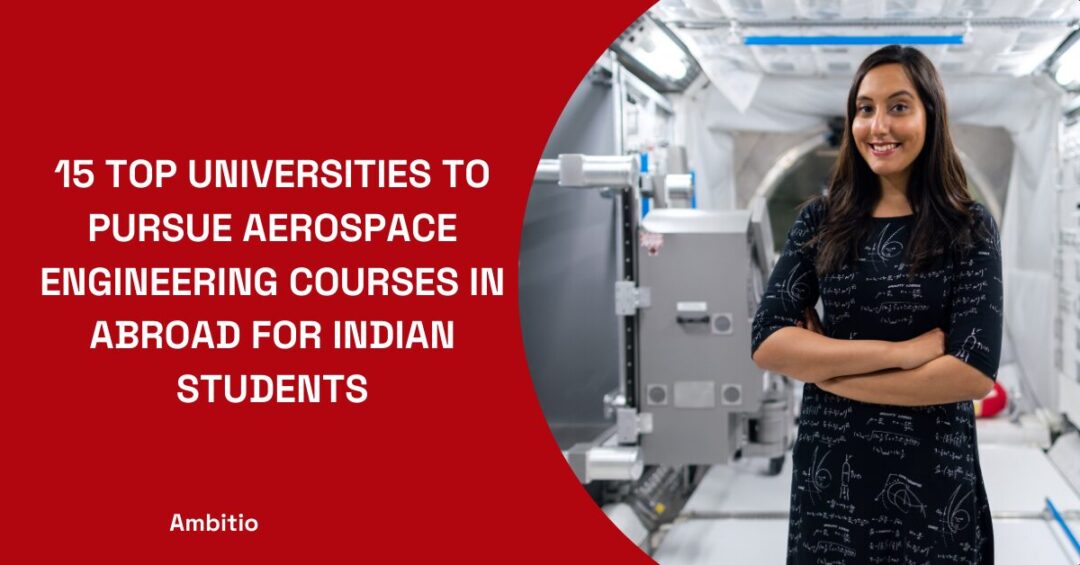12 December 2024
5 minutes read
Crafting a Winning Computer Science Master Personal Statement

Writing a compelling personal statement for a Master in Computer Science is a crucial step in your journey toward advanced education in this dynamic field.
Your personal statement is not just a reflection of your academic achievements; it’s a narrative that encapsulates your passion, goals, experiences, and vision for the future in the realm of computer science.
Navigating the Journey of Writing a Computer Science Masters Personal Statement
A well-crafted personal statement can set you apart in the competitive landscape of grad school admissions. It’s your opportunity to make a memorable impression, showing why you’re a perfect fit for the program and how the program aligns with your career aspirations.
Beginning with a Strong Introduction
The Importance of a Captivating Opening
Your introduction is the first glimpse the admissions committee will have into your personality and passion for computer science. Start with a compelling anecdote, a fascinating fact, or a significant personal achievement that directly relates to your interest in computer science.
This opening should not only grab the reader’s attention but also seamlessly lead into the main body of your statement, setting the tone for your narrative.
Elaborating on Academic Background and Achievements
Highlighting Relevant Educational Experiences
In this section, delve into your academic journey that has led you to pursue a Master’s in Computer Science. Discuss specific courses, projects, or research experiences that have shaped your understanding and passion for the field.
If you’ve undertaken any specialized coursework in areas like machine learning, artificial intelligence, or data science, make sure to detail how these experiences have prepared you for advanced studies.
Showcasing Professional and Research Experience
Integrating Work and Research into Your Narrative
If you have professional experience or have participated in research projects, this is where you highlight how these experiences have furthered your interest and knowledge in computer science.
Discuss any significant contributions you’ve made in your role, innovative projects you’ve worked on, or any publications or presentations you’ve been a part of. This section should not only reflect your practical skills but also your ability to apply theoretical knowledge in real-world scenarios.
Revealing Your Passion Through Personal Projects and Extracurriculars
The Impact of Personal Initiatives on Your Computer Science Journey
Personal projects and extracurricular activities are excellent ways to demonstrate your genuine interest in computer science. Discuss any independent projects, hackathons, coding clubs, or volunteering activities that highlight your initiative, creativity, and commitment to the field. These experiences are invaluable in showing that your passion extends beyond the classroom.
Articulating Your Career Goals and How the Program Fits
Crafting a personal statement for a Master in Computer Science involves clearly articulating your career goals and illustrating how the program aligns with these aspirations. Here’s how you can effectively expand on this crucial component:
- Define Your Short-term and Long-term Goals:
- Short-term Goals: Describe your immediate objectives post-graduation. This might include specific roles or projects you aim to undertake, such as becoming a software developer, data analyst, or engaging in AI research.
- Long-term Goals: Outline your broader career ambitions. These could involve advancing to leadership roles, contributing to groundbreaking research in computer science, or starting your own tech venture.
- Connect Goals with Specific Aspects of the Program:
- Specializations: If the program offers specializations aligning with your interests (like cybersecurity, machine learning, etc.), explain how these will equip you for your chosen career path.
- Faculty Expertise: Mention how learning from esteemed faculty members with expertise in your areas of interest will enhance your knowledge and skills.
- Discuss the Importance of the Program’s Curriculum:
- Relevant Courses: Highlight specific courses offered by the program that are crucial for your desired career. For instance, if you’re interested in data science, courses on big data analytics would be significant.
- Research Opportunities: If the program is research-intensive, discuss how engaging in research will prepare you for a career in academia or R&D.
- Mention Unique Program Features:
- Internships and Industry Connections: Emphasize how the program’s industry links or internship opportunities provide practical experience and networking benefits.
- Capstone Projects or Theses: Explain how completing a capstone project or thesis will allow you to gain in-depth knowledge and hands-on experience in your area of interest.
- Reflect on the Program’s Alignment with Your Career Trajectory:
- Career Services and Alumni Network: Discuss how the program’s career services and alumni network can aid in achieving your career goals.
- Cultural Fit: If there are aspects of the program’s culture or ethos (like a focus on innovation or collaboration) that resonate with your personal values and professional style, be sure to mention these.
- Personal and Professional Development Opportunities:
- Skill Development: Outline how the program will help you develop new skills or enhance existing ones, such as leadership, technical proficiency, or research abilities.
- Global Perspective: If the program offers global exposure or cross-cultural experiences, discuss how this aligns with your goal of working in international teams or understanding global tech trends.
- Closing with a Forward-Looking Statement:
- Reaffirm your passion for computer science and your excitement about what you aim to accomplish with the knowledge and experiences gained from the program. This not only concludes this section on a high note but also reinforces your commitment and readiness for the challenges ahead.
- Reaffirm your passion for computer science and your excitement about what you aim to accomplish with the knowledge and experiences gained from the program. This not only concludes this section on a high note but also reinforces your commitment and readiness for the challenges ahead.
By systematically addressing these points, you not only demonstrate a clear vision for your future but also exhibit a thoughtful understanding of how the computer science program will serve as a catalyst in achieving your career objectives.
This approach will help to create a compelling and coherent narrative in your personal statement, showcasing your suitability for the program and your potential as a future leader in the field of computer science.
Reflecting on Personal Growth and Development
Personal Evolution Through Your Computer Science Journey
In this section, reflect on your growth and development through your experiences. Discuss the challenges you’ve faced and how you’ve overcome them, the skills you’ve developed, and how your experiences have shaped your perspective on computer science. This reflection not only showcases your resilience and adaptability but also your personal maturity.
Concluding with a Forward-Looking Perspective
Envisioning Your Future and Contribution to the Field
Conclude your personal statement by reiterating your passion for computer science and your excitement about the prospects of studying at the graduate level.
Discuss how you plan to contribute to the field of computer science in the future and how the master’s program will be a stepping stone in that journey.
A personal statement is more than a summary of your resume; it’s a storytelling exercise that requires introspection, clarity, and a deep understanding of your own journey in computer science.
By following these guidelines and sincerely reflecting on your experiences, you can craft a personal statement that not only resonates with admissions committees but also truly represents who you are and what you aspire to achieve in the world of computer science.
FAQs
Q1: How long should my computer science personal statement be?
Typically, personal statements should be around 500-1000 words, but always check the specific requirements of the university or program you’re applying to.
Q2: Can I include personal anecdotes in my computer science personal statement?
Yes, personal anecdotes that demonstrate your passion and experience in computer science can make your statement more engaging and memorable.
Q3: Should I mention specific computer science topics like AI or machine learning in my statement?
Absolutely, if you have a particular interest or experience in areas like AI, machine learning, or cybersecurity, mentioning them can showcase your depth of interest and knowledge in the field.
Q4: Is it important to discuss future career goals in my personal statement?
Yes, discussing your career goals helps admissions committees understand your motivation for pursuing a Master’s in Computer Science and how it aligns with your future aspirations.

You can study at top universities worldwide!
Get expert tips and tricks to get into top universities with a free expert session.
Book Your Free 30-Minute Session Now! Book a call now




























